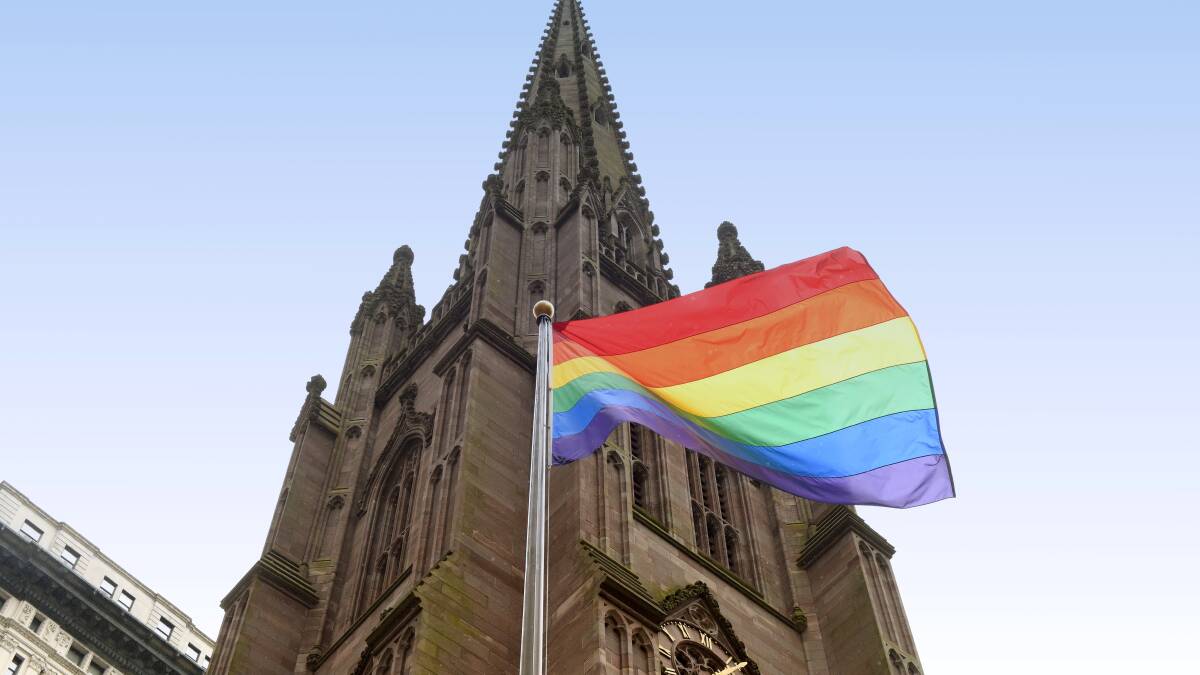
The Australian Medical Association joining the growing chorus of voices calling for an end to the so-called conversion therapy practices for same-sex-attracted and gender-diverse people is a timely announcement that further amplifies the voices of those who have traditionally found it difficult to be heard.
Subscribe now for unlimited access.
$0/
(min cost $0)
or signup to continue reading
The Tasmanian Law Reform Institute is in the final stages of compiling a report into the use of the controversial technique, under which advocates believe a person's sexual orientation can be converted with a combination of pseudoscience, spiritual intervention and psychological counselling.
At least one South Launceston church was still using conversion therapy as recently as August, and at the time were remained unrepentant and adamant they would continue the practice. In a public submission to the Law Reform Institute report, the Free Reformed Church's Reverend Wes Bredenhof went as far as to describe himself as "like a medical doctor who explains the disease so the patient can understand the need for treatment and be persuaded to take it".
This is the exactly sort of mindset and attitude that underscores the need for legislative reform to protect vulnerable members of society who - even without having been subjected to medically unproven techniques to change their sexual orientation or identity - are already at far greater risk of self-harm, suicide and PTSD.
As AMA president Dr Omar Khorshid succinctly put it: "Being LGBTQIA+ is normal, healthy, and representative of the diversity in human sexuality, gender identity, and sex characteristics."
Tasmania has a shameful history when it comes to LGBTIA+ rights, with consensual sexual activity between consenting men only becoming legal in 1997, making it one of the last places in the Western world to decriminalise homosexuality.
Thankfully, times have changed, and with only three jurisdictions in Australia - Victoria, the ACT and Queensland - having enacted legislation to ban gay conversion therapy, the state has a chance to demonstrate just how far it has progressed over the past 25 years.
- Lifeline 13 11 44

